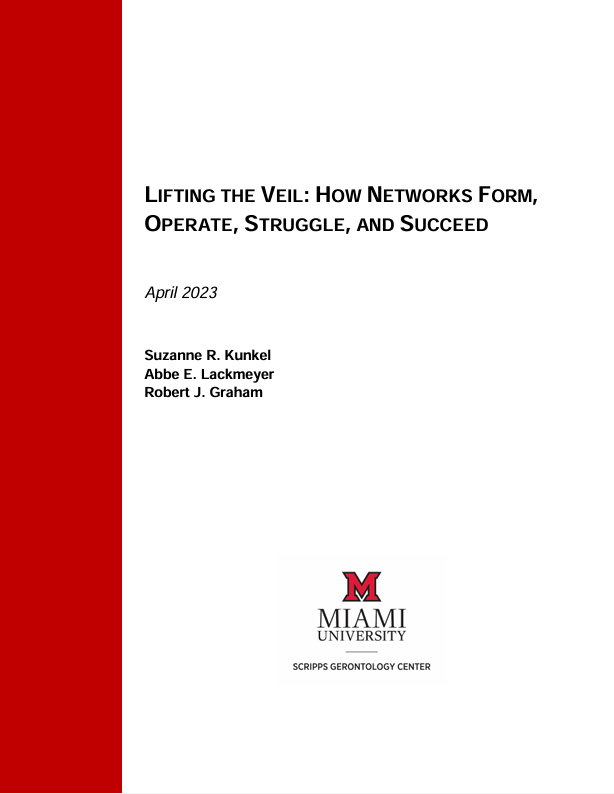Headline
This report highlights challenges of network-based contracting between health care entities and community-based organizations and shares tips for successful implementation.
Context
Health care entities, such as hospitals, health systems, health plans, and state agencies, partner with community-based organizations (CBOs) to enhance integrated care and to provide social care for people with health-related social needs (HRSN). Increasingly, CBOs are coordinating as groups — or “networks” — to pursue health care entity contracts. Community care hubs (CCHs) can support these networks by centralizing administrative functions across CBOs by taking on the primary responsibility of managing contracts with health care entities, including negotiation, credentialing, legal counsel, billing, and IT, among other activities. A CBO typically serves as the “lead agency” in the network and also provides direct services; yet, a CCH may exist as a stand-alone organization — or “central authority” — that is formed by the network where CCH functions are shared by the network members.
This report summarizes findings from interviews with eight CCHs and 15 network members, many Area Agencies on Aging, who specialize in serving older adults and people with disabilities.
Findings
This report explores how CCH contracting works, including goals for contracting, and highlights challenges and best practices related to these types of contracting arrangements. Interviews revealed key challenges around: (1) startup and sustainable funding; (2) leadership and governance structures; (3) data access and exchange; (4) services quality and consistency; and (5) financial operations and management, particularly concerns about referral volume, transparency, and power imbalances with health care entities around rate-setting. Among best practices, interviewees identified: (1) building networks on existing structures; (2) identifying network champions; (3) forming structures prior to contracting; (4) regularly communicating with network members; (5) establishing a value proposition for prospective CBO members and health care entities; (6) determining membership standards; and (7) making long-term investments in network infrastructure, with a particular focus on data ecosystems.
Takeaways
Health care entities interested in better addressing HRSN and CBOs that provide social care would benefit from reviewing this report, which summarizes challenges of CBO-health care entity contracting and offers recommendations for circumventing these challenges, including some best practices.

